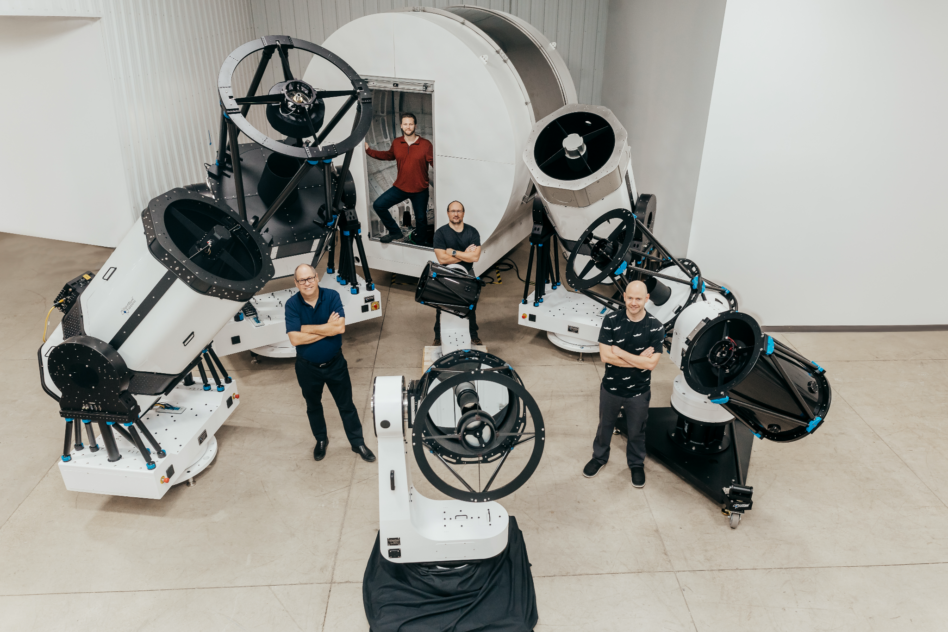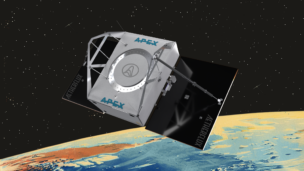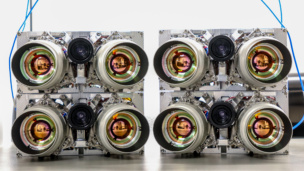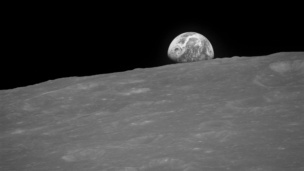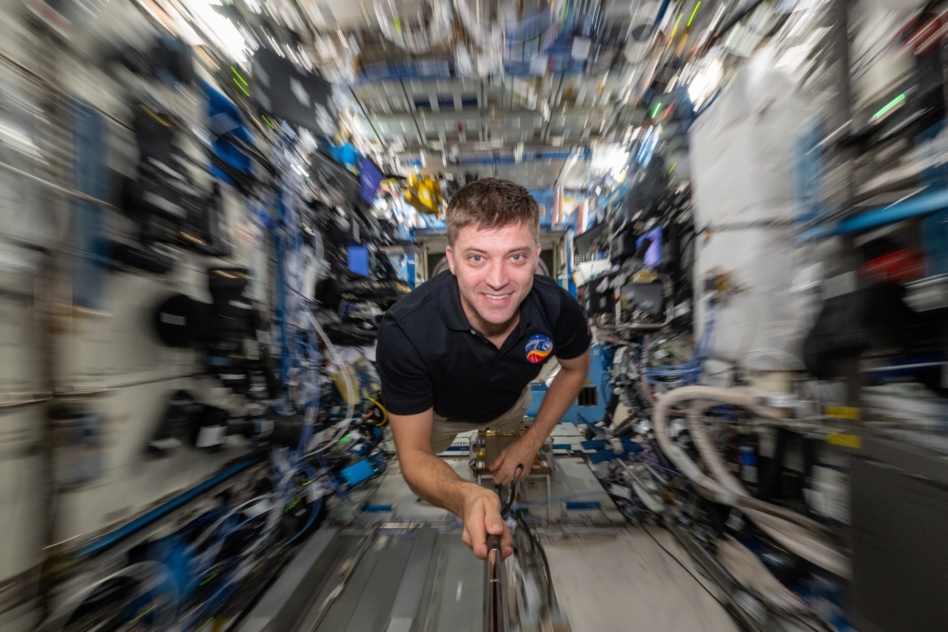Observable Space wants to become the Tesla of telescopes.
The startup is the result of a merger between PlaneWave Instruments, which builds advanced telescopes, and OurSky, which designs software to help link up telescopes and process data from them.
The LA-based startup claims to be the first to vertically integrate telescope hardware and software for space observation under one roof—akin to how software for Teslas was designed in-house specifically for that vehicle, rather than integrating an outside platform and hoping for the best, the startup’s CEO Dan Roelker told Payload.
“Before our company, you had hardware, components, and software trying to make sense of an integration nightmare,” said Roelker, a former VP of software engineering at SpaceX. “We’re putting all that together and manufacturing products from bare metal all the way to software experience so it’s easy for everyone to use our product.”
Business case: While the use of telescopes for space science and amateur astronomy is well known, Roelker said they also play a critical role in helping companies understand where their assets are, helping to avoid collisions and safely guide maneuvers.
“This level of precision is what’s required to make decisions on managing constellations,” he said. “There’s a lot of publicly available information that tells you roughly where objects are, but it’s not precise enough to plan maneuvers.”
Eyes on the skies: The company already counts many government agencies among its customers, including NASA and the Space Force, in addition to commercial customers such as Northrop Grumman, Raytheon Technologies, and academic institutes such as Harvard and Texas A&M.
Observable Space also announced a new investment from In-Q-Tel, a government-backed VC firm, to further its relationship with the federal government. While the company did not disclose a specific dollar amount, Roelker said it’s a “multimillion investment.”
